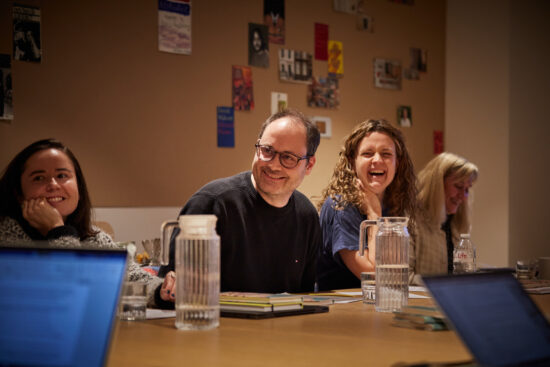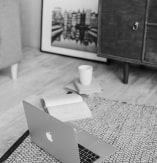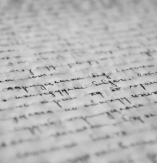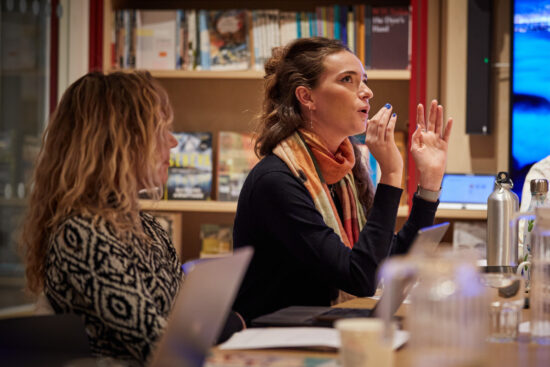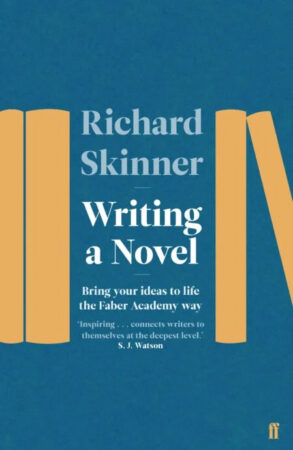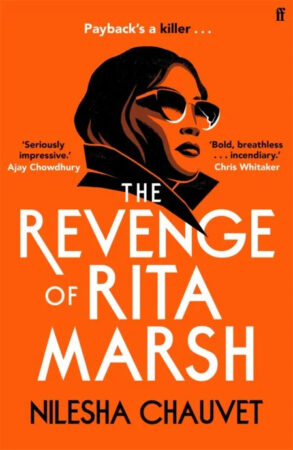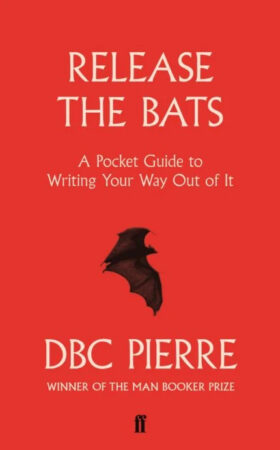Writing the Body
Step into the art of writing the body in this immersive week-long course. Explore embodiment, sensation and discover how to translate physical experience into powerful prose.
Level
What do these levels mean?
Location
Length

Everything you need to write about the body.
How can we render the pain, joy and expectations of our bodies in the world? How can we translate our physical experiences in language which will resonate with readers?
In this one-week intensive course, novelist Jessica Andrews will guide you through a series of close readings, generative exercises and discussions to reimagine how you might write about the body.
You’ll consider a diverse range of extracts from writers – such as Garth Greenwell, Eimear McBride and Carmen Maria Machado – who articulate the physicality of the body through sensory and emotional writing and experimentation with form and linguistics. You will also deeply consider the political implications of bodily writing – as well as the freedoms and limitations experienced by different bodies, as determined by society’s codes, expectations and histories.
By the end of the course you should have an effective piece of writing centred around the body, which can be used to begin a new project, or to refine or improve a project you’re already working on. You’ll also leave with the support of fellow writers keen to go and continue on the same journey of writing about the body.
Is this the right course for me?
Whether you are a novelist, short-story writer, memoirist, essayist – or a combination of these – this course will help you create compelling writing through an examination of sensory evocation, narrative action, tone, and structure, across both fiction and non-fiction.
The course is designed to provide the craft essentials and deep thought to writing about the body which would assist writers starting out as well as those much further along their writing journey.
Looking at techniques from a range of forms, and focusing on the craft of writing about the body, we will ask questions about our body and its place in the world.
We’ll look at texts from authors who explore writing the body in new and interesting ways, such as Cleanness by Garth Greenwell, On Earth We’re Briefly Gorgeous by Ocean Vuong, A Girl is a Half-Formed Thing by Eimear McBride, Body Work by Melissa Febos, In the Dream House by Carmen Maria Machado, Postcolonial Love Poem by Natalie Diaz, Citizen by Claudia Rankine, Mrs S by K Patrick, God Complex by Rachael Allen and others.
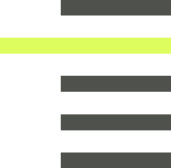
This course takes place Monday to Friday at Faber's offices in Hatton Garden. Teaching time will run from 10:00 until 13:00 each day, followed by a break for lunch.
The course will then continue between 14:00 and 16:00 (with a 15:00 finish on the final day). Each day there will be opportunities to share your work with the group.
Course Programme
Session 1
Monday 28 July, 10:00–16:00
What is embodied writing?...
Session 2
Tuesday 29 July, 10:00–16:00
Action and physicality...
Session 3
Wednesday 30 July, 10:00–16:00
Senses and emotion...
Tutors

Jessica Andrews
Jessica Andrews is a novelist. Her work explores intersections of social class and gender in relation to the body. Her debut novel, Saltwater won...
More About This TutorLocation
The Bindery
51 Hatton Garden
London EC1N 8HN
How to get here
Faber’s office, The Bindery, is well connected by public transport, with Farringdon Station just five minutes’ walk away, and stops for several bus routes in the area too. If you’re coming from outside of London, the office is a short bus or taxi journey from Kings Cross, Euston and St Pancras stations.
Browse the Reading Room
From author interviews and writing tips to creative writing exercises and reading lists, we've got everything you need to get started – and to keep going.
Recommendations from Faber

Founded in 1929 in London, Faber is one of the world's great publishing houses. Our list of authors includes thirteen Nobel Laureates and six Booker Prize-winners.
Visit Faber
